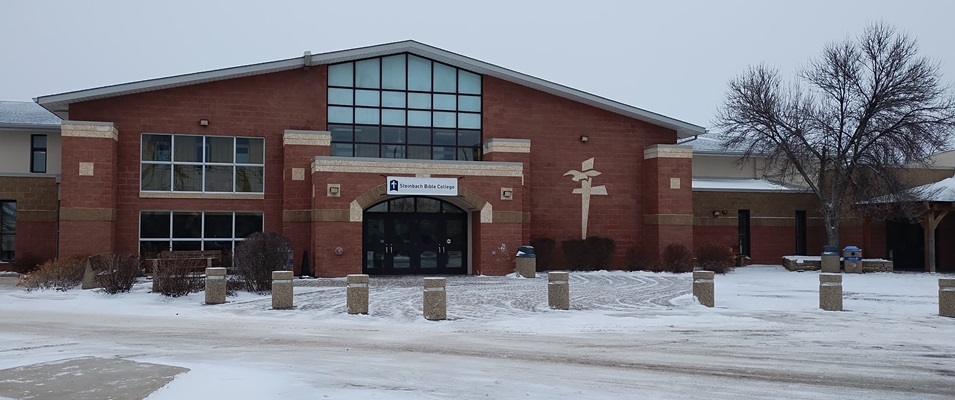Every year in September, whether you’re a homeowner, farmer, landlord, or business owner, you contribute to education funding in the Hanover School Division. In Manitoba, as in many provinces, it appears as a school division levy on your property tax bill.
Though the Niverville town office is expected by law to collect this levy, our town council has no input into how the school division mill rate is determined. That mill rate, calculated as a percentage, is set by the Hanover School Division during their annual budget assessment each spring. Once established, the mill rate is forwarded to the town office, who calculates what each property owner will pay based on a portion of the estimated market value of their properties.
One mill represents $1 of taxes for every thousand dollars of portioned assessment. “Portioned assessment” means that you are only taxed on a portion of your property’s value. This amount is determined by a provincial property classification based on the type of property, size, use, and ownership of land and buildings. Since the current Hanover mill rate is set at 16 percent, property owners will be charged on a portion of their property times 16.
If you are a business owner, you pay school taxes on both your residence and business property. If you are a farmer, you are taxed on your land, residence, and buildings. If you are a cottage owner, you are charged for both residences.
School taxes comprise approximately 50 percent of each property tax bill you receive. Almost one-third of education funding comes from property taxes. The balance is funded by the province’s general revenues.
Some people question the prov-ince’s model of taxing property owners for school funding. The Manitoba Education Finance Coalition—a collection of Manitoba farm boards, realtors, and businesses—says that this type of taxation
does not put municipalities in a favourable light when trying to attract new businesses.
According to MEFC’s Let’s Pay Fair website, the province needs to put education funding on the same level as health care and other social services, all paid from provincial general revenues. This would aid in providing a more equitable distribution of taxes to non-property owners, as well as relieve businesses and farmers of much of their tax burden. It would also benefit multiple property owners.
Prince Edward Island, New Brunswick, and Newfoundland have already adopted this model. Other provinces, like Ontario and Saskatchewan, are actively reducing education tax on property year after year.
A study done by the Canada West Foundation in 2009 showed Winnipeg as having the highest residential education property tax per capita in comparison to all the other major western Canadian cities.
Jon Young, head of the department of education administration at the University of Manitoba, refutes the idea of removing the mill rate taxes established by school divisions. In a letter to the Winnipeg Free Press in 2004, he states that each new provincial government might have a different commitment to education. Removing the mill rate would also put education in competition with all the other social services for its share of provincial revenues.
He suggests that giving our locally elected school board the authority to establish the local tax rate ensures that schools receive appropriate funding. This, of course, only ensures adequate operational funding, since capital costs (such as school buildings) are currently under the province’s umbrella.




















